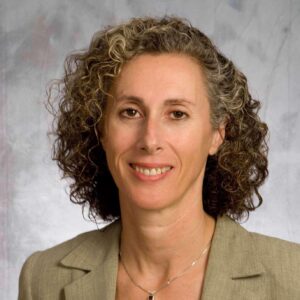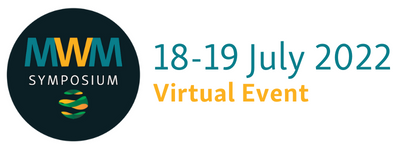Why is it so challenging to measure preference-based HRQoL in children? Potential measurement problems and challenges
Preference-based HRQoL instrument that are used to generate quality-adjusted life years (QALYs) are preferred by funding decision-makers because they generate a universal metric that presents an overall summary of health and HRQoL. There is a paucity of reliable and valid preference-based measures for measuring health states of children and adolescents.In recent years, new pediatric instruments have been developed but some still rely on adult value sets to generate preference-based scores (utilities) for children and adolescents. Importantly, there is no clear guidance for valuing and measuring health and preference-based HRQoL in pediatric populations.
Session Speakers:
 J Mick Tilford, PhD
J Mick Tilford, PhD
Department of Health Policy and Management
J. Mick Tilford serves as a Professor and Chair of Health Policy and Management, Fay W. Boozman College of Public Health at the University of Arkansas for Medical Sciences. His research focuses on methods for the economic evaluation of child health services. He has studied the cost-effectiveness of improving outcomes in children with traumatic brain injuries and quality-adjusted life years in children with chronic conditions, especially children with autism. Recent areas of interest include the development of methods for incorporating family effects in economic evaluations. He received his Ph.D. in health economics from Wayne State University.
 Lisa Prosser, PhD
Lisa Prosser, PhD
University of Michigan – Susan B. Meister Child Health Evaluation and Research Center
Dr. Prosser is the Marilyn Fisher Blanch Research Professor of Pediatrics and Director of the Susan B. Meister Child Health Evaluation and Research Center. Her research focuses on measuring the value of childhood health interventions using methods of decision sciences and economics. Current research topics include newborn screening programs, vaccination programs, and methods for valuing family spillover effects of illness. Her work evaluating the cost-effectiveness of vaccination programs has been used in setting national vaccine policy. She currently serves as the Associate Vice President for Research-Health Sciences at the University of Michigan.
 Wendy Ungar, MSc PhD
Wendy Ungar, MSc PhD
The Hospital for Sick Children Research Institute
Wendy J. Ungar, M.Sc., Ph.D. is a Senior Scientist, Child Health Evaluative Sciences, Hospital for Sick Children Research Institute, Professor, Institute of Health Policy, Management and Evaluation, University of Toronto, and Affiliate Scientist, Institute for Clinical Evaluative Sciences (IC/ES). Dr. Ungar holds the Canada Research Chair in Economic Evaluation and Technology Assessment in Child Health. In 2007 Dr. Ungar founded TASK (Technology Assessment at Sick Kids), where she and her team conduct research applying health economic methods to child health with a focus on genomics and neurodevelopmental disorders. She and her team maintain the PEDE database, a user-friendly online database of pediatric economic evaluations published since 1980 used by HTA agencies around the world. Her book, Economic Evaluation in Child Health was published by Oxford University Press in 2010.
Register today to attend Measuring What Matters, a symposium focused on patient-reported outcome measures (PROMs) in child health. Scheduled for 18-19 July 2022, this virtual event will consist of session presentations and live Q&As with the speakers. Recordings of the symposium will be archived for future access for registrants unable to attend the live presentations in July.

The International Society for Quality of Life Research (ISOQOL) is a global community of researchers, clinicians, health care professionals, industry professionals, consultants, and patient research partners advancing health related quality of life research (HRQL).
Together, we are creating a future in which patient perspective is integral to health research, care and policy.


